Biotechnology & Biopharmaceutical Applications
Being at the forefront of Biotechnology and Biopharma applications, due to our long standing cooperation with key technology providers, we are able to support every scientific venture of any scale.

Being at the forefront of Biotechnology and Biopharma applications, due to our long standing cooperation with key technology providers, we are able to support every scientific venture of any scale.
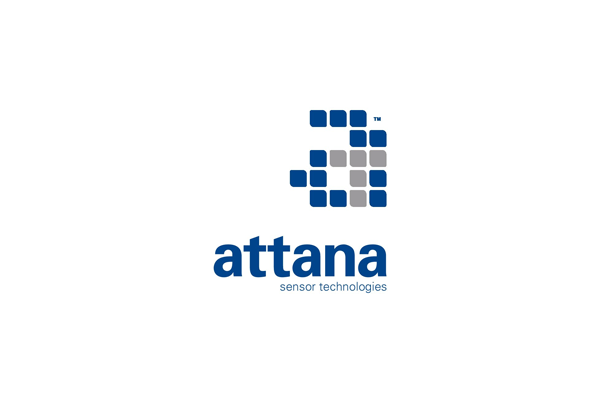
A company founded on the principle of characterizing molecular interactions exactly as they occur in the human body.
Attana develops proprietary, label-free biosensor instruments for biochemical, crude, sera, and cell-based assays. Attana instruments are optimized for real-time analysis of crude samples and serum to provide biologically relevant information for more accurate diagnostics and improved efficiency and performance of the pharmaceutical drug development process. The Attana Cell using the QCM 3rd gen biosensor can determine specificity, kinetics and affinity, among other binding characteristics of biomolecules and macrostructures of varying species such as cells, antibodies, proteins, viruses and bacteria.
Find out more:
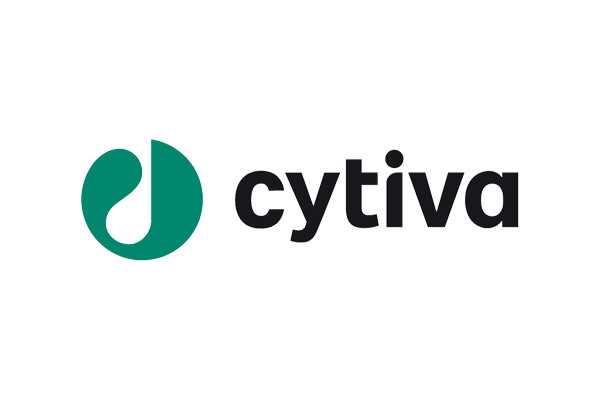
A global provider of technologies and services that advance and accelerate the development and manufacture of therapeutics.
Formerly known as GE Healthcare, Cytiva provides integrated solutions in biotechnology research and biomolecules production. Cytiva covers the fields of both upstream and downstream applications, such as cell line development and cell culture using fermenters and bioreactors, and provides a plethora of culture media and solutions. Whereas downstream applications include filtration, separation and analysis with fast protein liquid chromatography, molecular imaging as well as kinetic and affinity assays can be performed through the Biacore SPR platform.
Find out more:
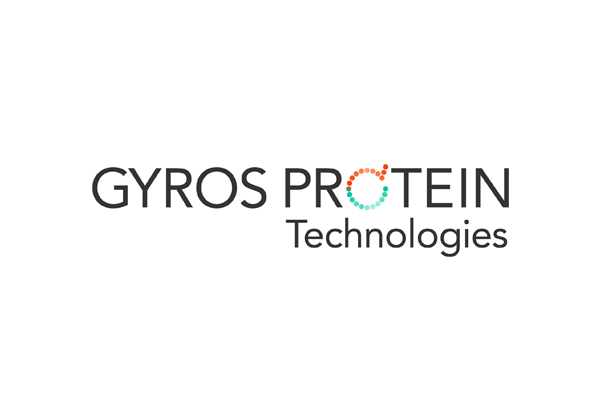
A leader in solid-phase peptide synthesis (SPPS) in research and biopharmaceutical development.
Gyros Protein Technologies provides solutions for solid-phase peptide synthesis (SPPS) in research and biopharmaceutical development and bioanalysis, especially immunoassays, with key interests in increasing biomolecule performance and productivity. Its solutions apply in research, drug discovery, pre-clinical and clinical development, and bioprocess applications. For example, the SPPS systems provide fully automated peptide synthesis solutions in order to achieve high purity peptides in parallel syntheses and on a large scale. The Gyrolab nanoliter-scale immunoassay systems enable our customers to make data driven development decisions with confidence.
Find out more:
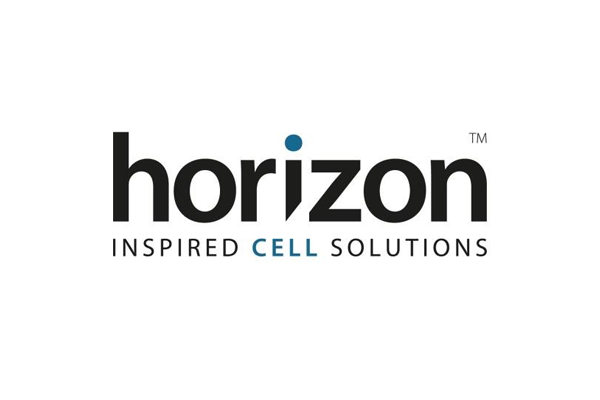
A PerkinElmer company that provides cell engineering tools and services in three key areas of therapeutics: basic research, drug discovery and development, and therapeutic applications.
Horizon offers tools and services for screening and cell line engineering that are designed to improve the outcome of drug discovery and development. Its engineered CHO cell lines are designed to enable efficient biologics manufacturing. In base editing, a novel technology that has not yet been clinically validated for use in human therapeutics, Horizon develops tools and services that are based on a highly accurate, novel platform which can be licensed in for gene and cell therapeutic development.
Find out more:
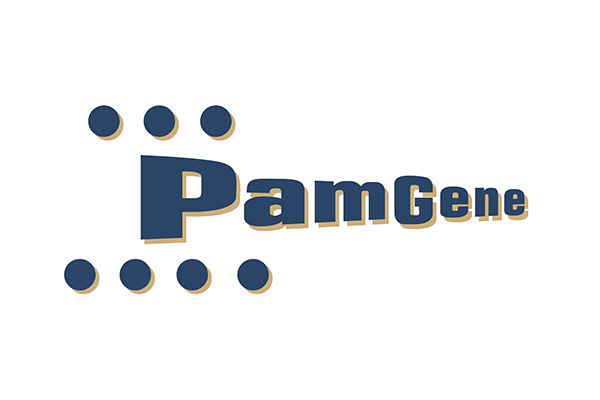
PamGene is a Dutch biotechnology company founded in 2000 with headquarters in the Netherlands.
The company has developed a robust and unique microarray technology for multiplex kinase activity profiling and offers dedicated assay services for biomarker discovery, patient stratification and therapy selection for oncology diseases. This technology offers rapid and non-invasive measurements of real-time cellular kinome activity results in comprehensive and accurate data and is used in clinical, translational and pre-clinical settings for various disease areas to gain insights in discriminative drug responses, analyzing and optimizing kinase inhibitors and discovery of novel biomarkers, targets and pathways.
The PamChip Assay Principle is as follows, fluorescently labelled anti-phospho antibodies are used to detect phosphorylation activity of kinases present in the sample. The sample consisting of protein and labelled antibodies are dispensed onto the PamChip, which is placed in the PamStation. Once inside the instrument the sample is incubated at a predetermined temperature. During incubation, the sample is pumped back and forth through the porous material to maximize binding kinetics and minimize assay time. Reaction times are typically minutes to an hour. Upon wetting, the surface material of the PamChip microarrays becomes translucent, facilitating imaging using a LED imaging system.
Find out more: